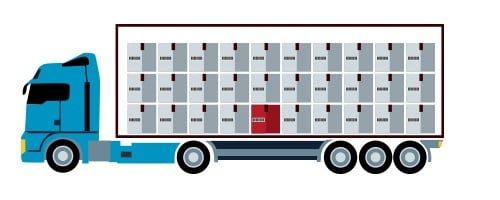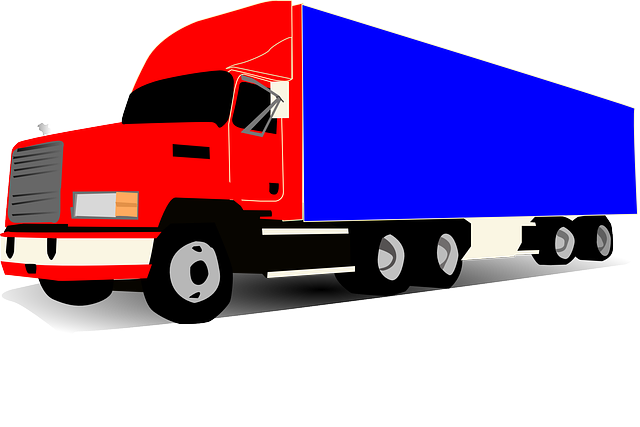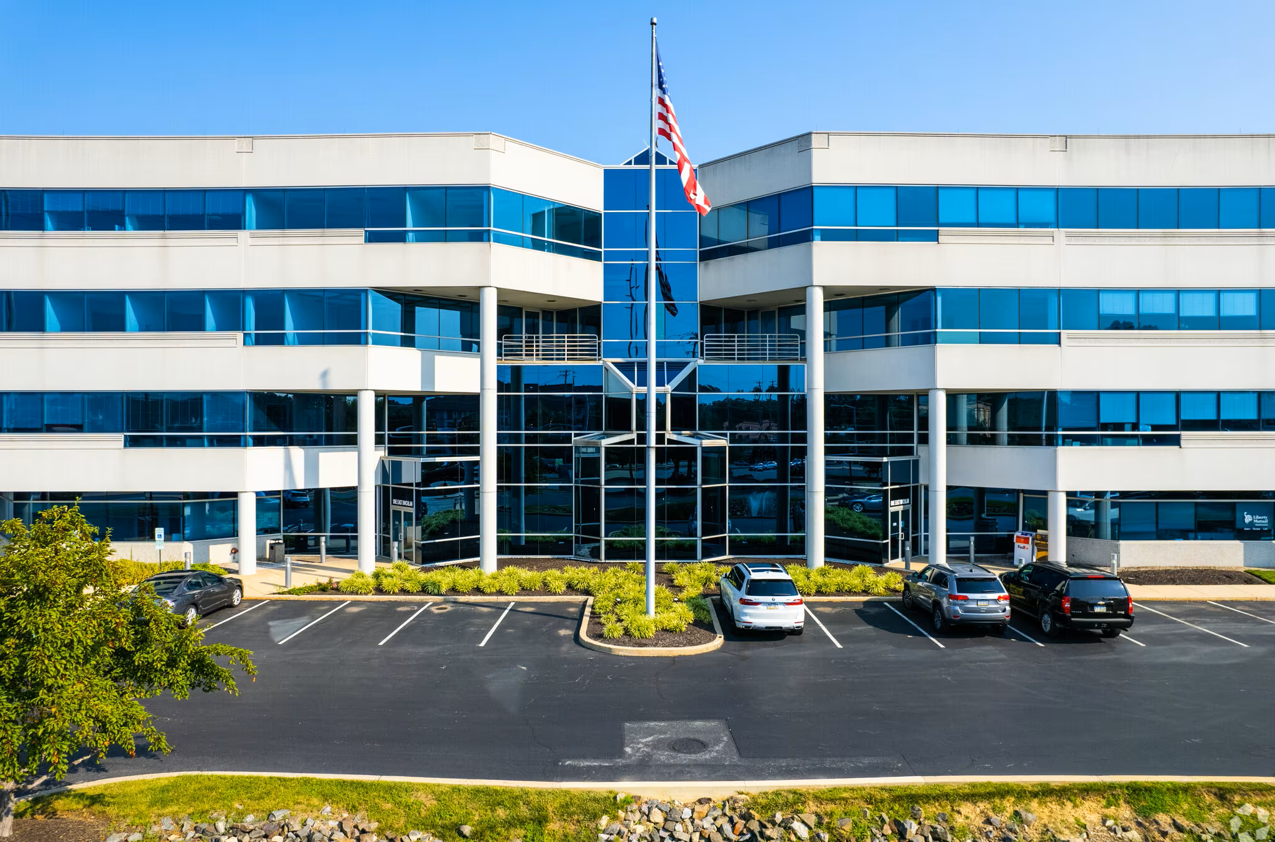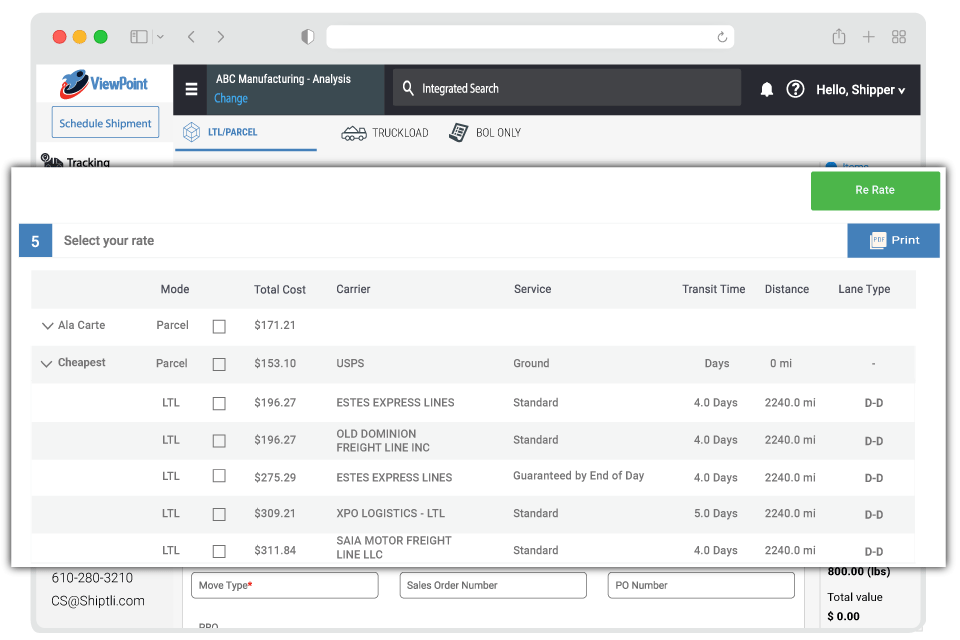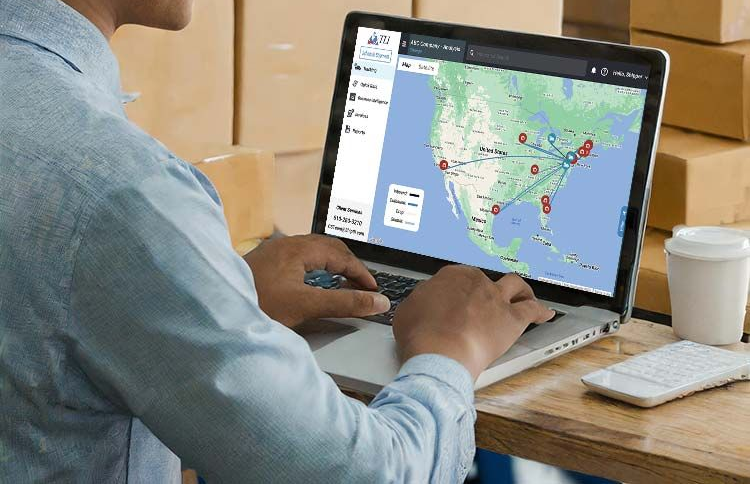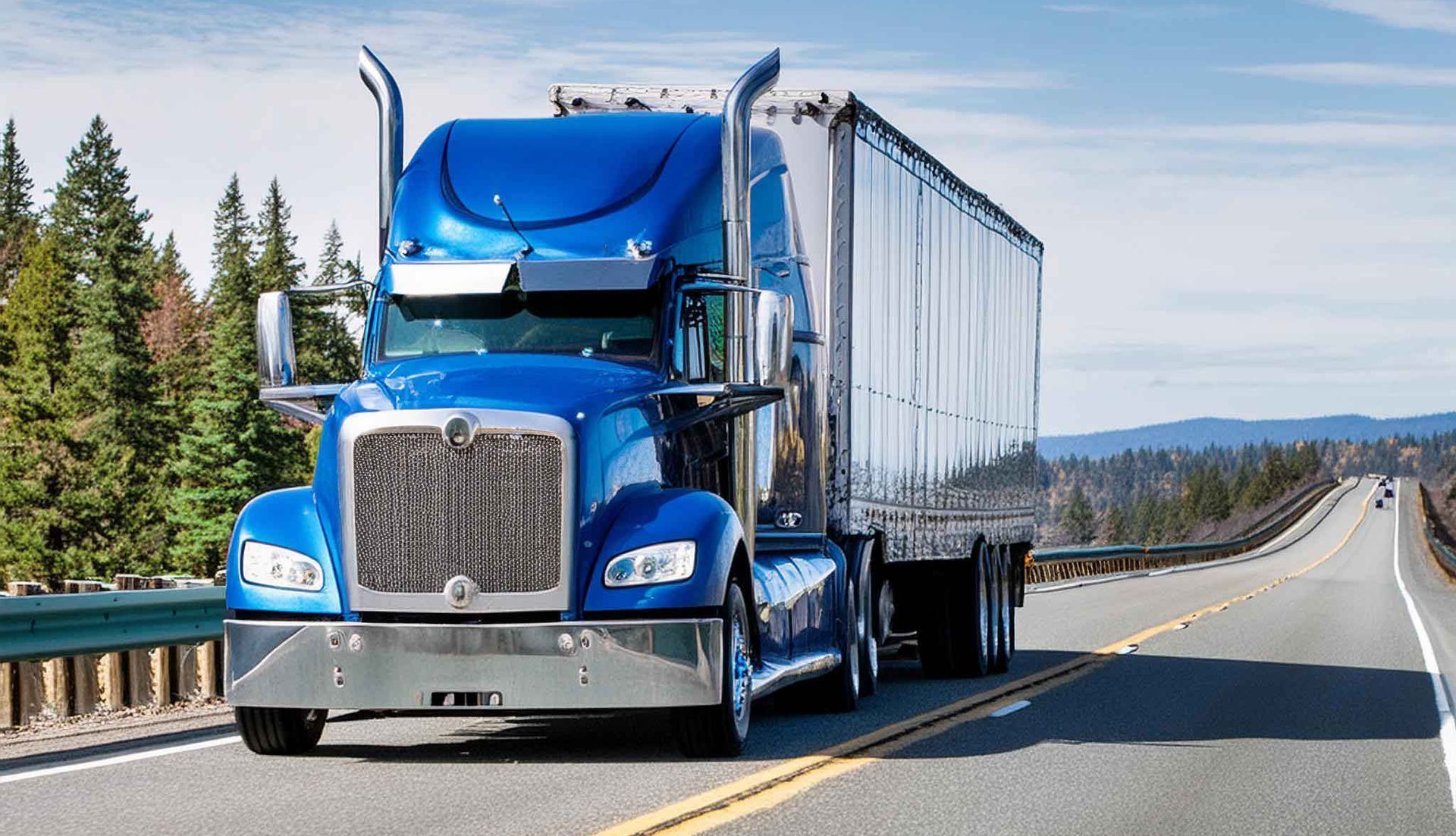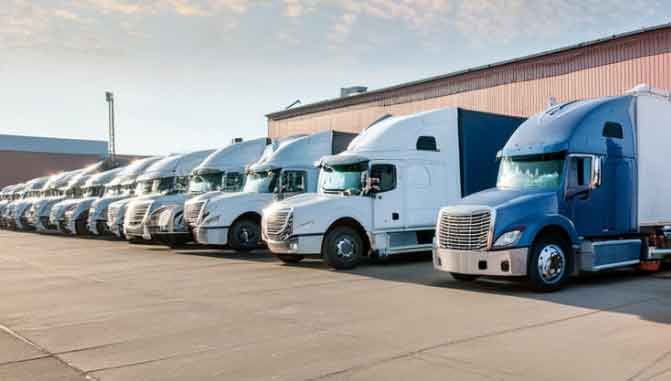One of the most important but often misunderstood aspects of LTL freight is how pricing works. Carriers publish tariffs, which outline all of the rules, charges, and base rates that apply to their services. A base rate is the starting point for calculating the cost of freight, typically measured per hundred pounds. From there, carriers apply discounts through contracts that are negotiated with each shipper or broker. This means that two companies moving similar freight could pay very different rates depending on the contracts they have in place.
LTL Freight Shipping Guide: Benefits, Challenges, and Tips
Shippers Guide to LTL Freight Routing
What does LTL freight mean?
LTL stands for Less Than Truckload. It refers to freight that does not fill an entire truck. Instead of paying for a full truckload, multiple shippers share space on the same trailer. This makes shipping smaller loads cost effective and efficient.
- LTL = Less Than Truckload shipping
- Typically Covers 150–10,000 pound shipments
- Saves money by sharing truck space with other orders
LTL freight usually consists of shipments between 150 and 10,000 pounds. Most LTL loads fit on one to six pallets. Carriers consolidate multiple shipments into a single truckload and route them across their networks.
This method benefits businesses of all sizes. Shippers reduce costs, carriers use trucks more efficiently, and fewer trucks on the road mean lower emissions.
How Do LTL Networks Work?
LTL networks combine shipments from many businesses into one truckload. Each shipment travels from pickup, to local terminals, to regional hubs, and finally to delivery. This process is called “hub and spoke.”
Certain carriers are dedicated to local P&D operations (pickup and delivery) while others are consoldidation points such as a line haul terminal. Carriers calculate rates based on weight, size, freight class, pickup and delivery points, and extra services. Every shipment requires careful planning. Proper details ensure accurate pricing and avoid billing adjustments.
Because trucks make multiple stops, transit times may be longer than full truckload. However, shippers trade a little time for significant savings and flexibility.
LTL shipping offers several benefits. The first is cost savings. Since you only pay for the space your freight uses, you avoid paying for unused capacity in a full truckload.
It also supports sustainability. By consolidating shipments, carriers reduce the number of trucks on the road, which lowers emissions and fuel use. Many businesses now choose LTL shipping to meet environmental goals.
Types of LTL Freight Services
Not every shipment has the same requirements, which is why carriers offer multiple levels of LTL service. Standard service is the most common, promising delivery by the end of the business day on the scheduled date. It is the most economical option and works well for freight that does not require exact timing. For time-sensitive freight, carriers provide guaranteed service, which ensures delivery by a specific time of day such as 5:00 PM or noon.
- Standard Service: The most common option. Freight is delivered before the end of the business day on the scheduled delivery date.
- Guaranteed Service: Ensures delivery by a set time (for example, 10:00 AM). This option costs more but is valuable for time-sensitive freight.
- Expedited Service: Used when freight must move faster than standard LTL. Carriers may bypass certain terminals or run direct routes.
- Volume or Partial Truckload Service: Ideal for larger shipments that take up more space but still do not need a full truck. Pricing is negotiated separately from typical LTL lanes.
Expedited service goes even further by bypassing standard routing through terminals so freight can arrive faster than normal transit times. Shippers with larger shipments that occupy more space but still do not require a full truck can often use volume LTL or partial truckload service, which is priced separately from standard LTL rates. Each of these options allows shippers to balance cost, speed, and reliability according to their needs.
Tariffs, Base Rates, and Contracts
- Tariffs: These are the carrier’s published rules, charges, and rates. They explain how freight is priced, including class, distance, and weight. Most carriers have their own tariffs, which can differ significantly.
- Base Rates: These rates are the foundation of the tariff. They determine the cost per hundred pounds (CWT) before discounts or accessorials are applied. Base rates can vary by lane, density, or shipment size.
- Discounts and Contracts: Shippers rarely pay the full base rate. Instead, they negotiate discounts through contracts. The discount depends on shipment volume, lanes, and the shipper’s overall freight profile.
Smaller shippers may see discounts of around 88 percent off base rates, while larger accounts that move consistent volume can receive discounts of 98 percent or more. Although discounts apply to linehaul rates, accessorials typically remain at the published tariff levels and are charged in full.
Shippers who move more than $500,000 annually in LTL freight have strong leverage with carriers. At this level, carriers and third-party logistics providers can create custom pricing agreements. These agreements replace standard tariffs with contract-specific base rates tailored to the shipper’s freight profile.
Benefits of custom pricing include:
- Lower Costs: Significant discounts on both linehaul and fuel charges.
- Lane-Specific Rates: Adjusted pricing for the shipper’s most-used shipping lanes.
- Simplified Billing: Fewer surprises and more consistent invoices.
- Stronger Partnerships: Carriers prioritize large accounts, which can mean better service and support.
- Contract Length: TLI locks the pricing in place for 1year, so shippers are not susceptible to GRIs.
These agreements go beyond standard tariff discounts and replace generic base rates with customized less-than-truckload structures that are specific to the shipper’s freight profile. For example, if a company moves heavy but low-density freight primarily in a few specific lanes, carriers can tailor rates to reflect that unique business. Likewise, if a shipper routes their freight and requires a liftgate on 70% of their orders, TLI will work to get that accessorial charge waived. This results in lower costs, more predictable invoices, and stronger partnerships with carriers. Large shippers benefit not only from deeper discounts but also from additional leverage when negotiating fuel surcharges, minimum charges, and lane-specific adjustments. At this level, carriers see the shipper as a strategic partner, which can lead to higher service priority and greater support.
The Importance of Freight Bill Auditing
Even with negotiated discounts and contracts in place, billing mistakes are common in:
- Cost Control: Avoid paying for services not used or charged incorrectly.
- Transparency: Clear understanding of true shipping costs, which helps with budgeting and forecasting.
- Automated GL Coding/Cost Center Codes: When shippers receive their invoice they can get it already coded in advance, and we can also place your unique reference numbers such as order number and PO number to tie the freight back to the order.
- Accrual Reporting: Receive a summary of all pending invoices to close out the prior months financials.
The Right LTL Carrier Checklist
The choice of carrier can dramatically affect both cost and service quality. Not all carriers operate the same way. National carriers provide wide coverage across the U.S., while regional carriers focus on faster service within specific states or regions. The best choice depends on the shipper’s freight patterns.
When evaluating a carrier, shippers should consider:
- Transit times and service areas
- Claims Ratio
- Options for guaranteed or expedited delivery
- Accessorial availability
- EDI/API capabilities
- Pricing structure and tariff transparency
- National/Regional territory
- Invoice auditing and customer support
Not all carriers offer LTL because it requires terminals, technology, and resources to manage complex networks. Finding the right carrier at the right rate can take time.
Details matter. Freight class, weight, and dimensions all affect cost. If information is wrong, carriers may reclassify shipments, adding unexpected fees. Shippers must provide accurate details to avoid these issues.
Transit times also pose challenges. Because trucks carry multiple shipments for multiple businesses, routes take longer. Shippers must balance price against delivery speed when choosing LTL.The right carrier depends on a shipper’s freight profile, including shipment size, frequency, and destination mix. What matters most is that the carrier offers the right combination of service options, transparent billing, and strong support.
Need to quote a LTL Shipment?
Frequently Asked Questions About LTL Freight
List of Services
-
What does LTL mean in freight?List Item 1
LTL stands for Less Than Truckload. It refers to shipments that do not require a full truck to move. Instead, your freight is combined with other shippers’ goods on the same truck, allowing you to share space and spread out cost among multiple orders. This makes LTL an efficient and cost-effective shipping option for small to mid-sized loads.
-
What are LTL loads?List Item 2
An LTL load is any shipment that does not take up an entire trailer. These shipments typically weigh between 150 and 15,000 pounds. Instead of booking an entire truck, you only pay for the portion of space your freight occupies. Most LTL shipments are 1-6 pallets, and up to 12-14 linear feet of trailer space. Each motor carrier has their own paramaters however and they can be individated by contract.
Carriers maximize efficiency by combining multiple LTL shipments on one truck at linehaul terminals after making their local pickups and deliveries.
-
What is the difference between LTL and FTL?List Item 3
The main difference between LTL (Less Than Truckload) and FTL (Full Truckload) shipping is the amount of space your freight requires:
- LTL Shipping: Your shipment shares space on a truck with other shippers. You pay only for the space you use, making it ideal for smaller loads.
- FTL Shipping: Your freight fills the entire trailer. This option is better for very large shipments, high-volume orders, or time-sensitive freight that requires direct transit without multiple stops.
-
What does “Less Than Truckload” mean? Write a description for this list item and include information that will interest site visitors. For example, you may want to describe a team member's experience, what makes a product special, or a unique service that you offer.List Item 4
-
What are NMFC codes when routing freight?
NMFC codes (National Motor Freight Classification codes) are standardized numbers used to categorize freight based on factors like density, handling, and liability. Each commodity is assigned a specific NMFC code and freight class, which carriers use to determine pricing. To select the proper NMFC code it is important to determine the correct PCF which is used for the freight class determination. Using the correct NMFC code is essential for accurate rate quotes and to avoid costly re-classifications or billing disputes.
-
Is LTL shipping right for my business? Write a description for this list item and include information that will interest site visitors. For example, you may want to describe a team member's experience, what makes a product special, or a unique service that you offer.
-
How are LTL rates calculated?
LTL carriers determine rates based on several factors, including:
- Base Tariff or custom contract
- Freight class and NMFC code
- Shipment weight and dimensions
- Distance traveled (origin to destination zip pair)
- Accessorials or special services (e.g., liftgate, residential delivery, limited access, inside delivery)
Understanding these factors helps you better manage costs and avoid unexpected charges.
TLI Insights
Get the latest logistics insights and tips from TLI's award-winning team. Stay ahead in transportation planning.
Questions? Email us at marketing@shiptli.com

